HS-LS1-7
Use a model to illustrate that cellular respiration is a chemical process whereby the bonds of food molecules and oxygen molecules are broken and the bonds in new compounds are formed resulting in a net transfer of energy.
-
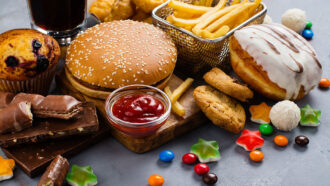 Health & Medicine
Health & MedicineWarning! Junk foods can harm a teen’s brain
The adolescent brain has a hard time resisting junk food. But high-fat, high-sugar diets can interfere with learning and pose risks to mental health.
-
 Planets
PlanetsPlanets with hydrogen skies could harbor life
Microbes can live in a hydrogen atmosphere. This points to new space worlds that host alien life.
-
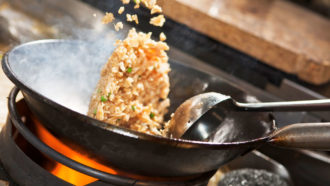 Physics
PhysicsThere’s science to making great fried rice
Scientists report finding the physics that seems to explain how chefs can quickly fry rice over a hot flame without burning the food.
-
 Brain
BrainAs teens gain weight, they find high-fat foods less pleasurable
Teens who gained excess weight showed less activity in the brain’s reward center when viewing or tasting foods with lots of fat.
-
 Chemistry
ChemistryScientists look to hack photosynthesis for a ‘greener’ planet
Photosynthesis turns sunlight into energy for plants. Scientists want to know more about it, imitate it — even improve it.
-
 Health & Medicine
Health & MedicineUltrasound might become a new way to manage diabetes
Ultrasound turns on production of the hormone insulin in mice. Someday, it might help maintain healthy blood-sugar levels in people who were recently diagnosed with diabetes.
-
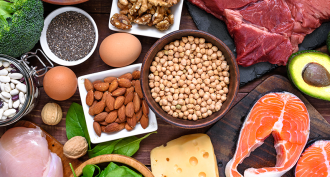 Health & Medicine
Health & MedicineExplainer: What are proteins?
In the body, proteins act as biochemical machines to carry out the work of cells.
By Bryn Nelson and Bethany Brookshire -
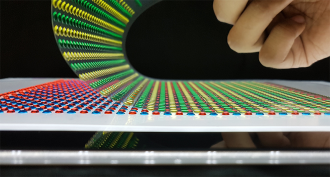 Tech
TechThis power source is shockingly eel-like
The electric eel’s powerful electric charge inspired this new squishy, water-based new approach to generating power.
-
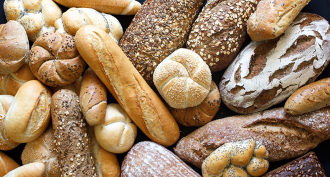 Health & Medicine
Health & MedicineYour gut’s germs may decide whether white bread or whole wheat is best — for you
Surprise! Gut microbes may determine how your body responds to starches in the diet.
-
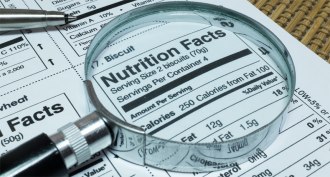 Health & Medicine
Health & MedicineExplainer: All about the calorie
Calories are a measure of how much energy is in a food. But when it comes to powering our bodies, not all calories are equally available to the body.
-
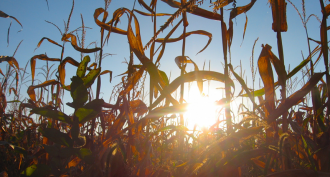 Genetics
GeneticsWorld’s tallest corn towers nearly 14 meters
Short nights and a genetic tweak helped novel corn reach record heights.
-
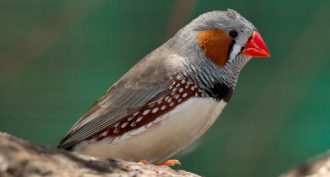 Health & Medicine
Health & MedicineZebra finches can ‘drink’ water from their own fat
When water is scarce, thirsty zebra finches can produce their own water. They do it by breaking down their body fat.
By Susan Milius